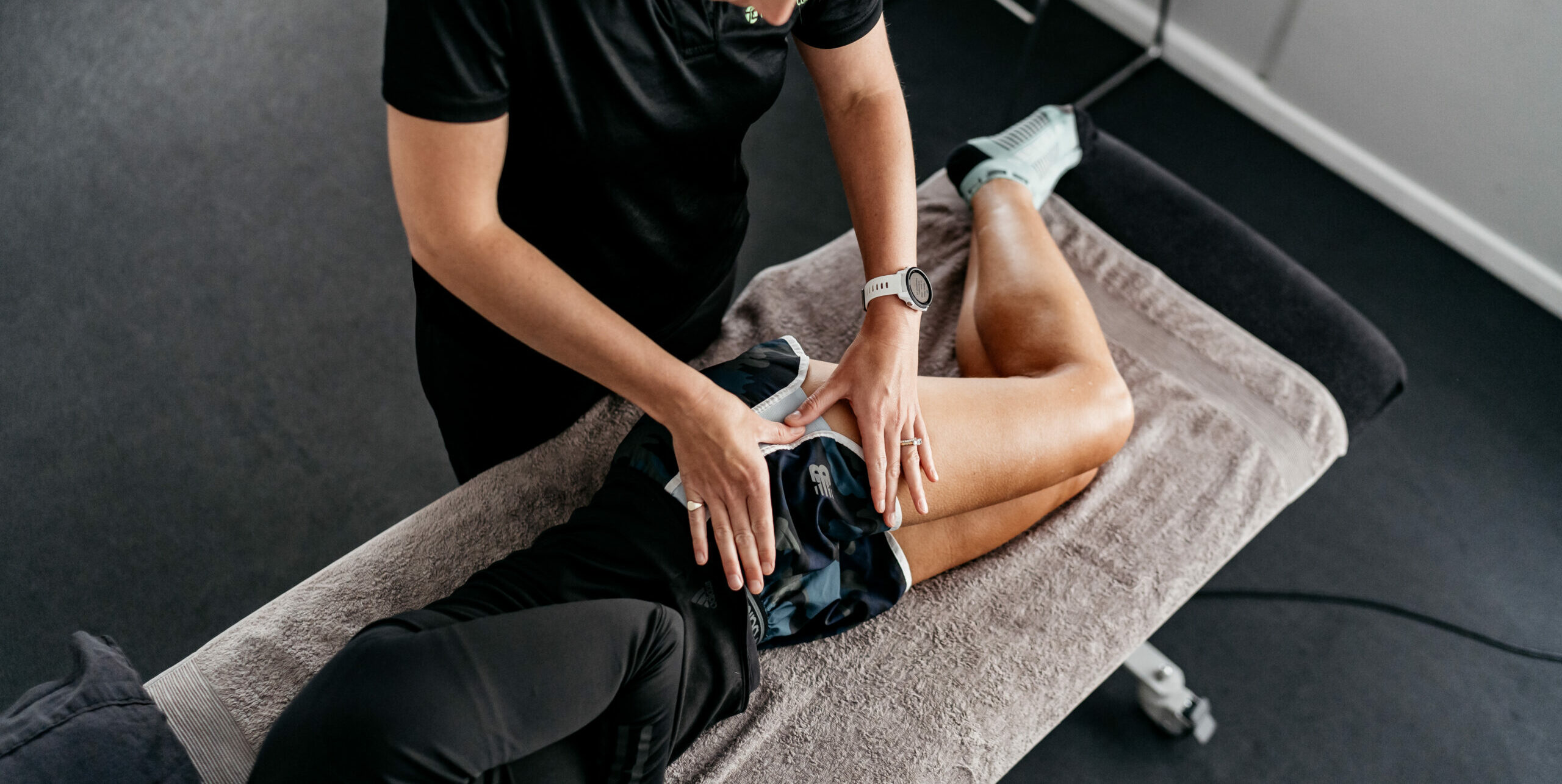
BONE AND TISSUE HEALTH
The effect of oestrogen has on bony tissue is perhaps the most well understood change associated with menopause. For many years now, we have recognised that post menopausal women have worse bone mineral density than women in the reproductive stages. This puts women over the age of 50 at a significantly higher risk of bone fractures.
Bone and Muscle Mass – Why is it important?
- Bone mass, and bone mineral density is important as this is what keeps our bones strong enough to withstand the stresses of our normal daily activities.
- Once our bones start to lose density, they become more susceptible to fractures.
- Muscle mass is important to maintain functional mobility. A decline in muscle mass is also observed around menopause. Often, lost muscle mass doesn’t become apparent or noticeable until normal daily activities become too hard to complete.
Menopause and Bone Health
There is a widely accepted link between menopause and low bone mineral density, and in some women this leads to the diagnosis of osteoporosis. This is important, as osteoporotic women will be at a much higher risk of fractures, which significantly affects long term quality of life.
What we know about menopause and bone health:
- Oestrogen promotes osteoblasts (bone forming cells) and increases calcium absorption from the blood, therefore the decrease in oestrogen in menopause marks an increase in bone reabsorption or a loss of bone mineral density. This means as oestrogen levels decline, the body starts to break down bones.
- Peak mineral bone density is achieved around 30 and progressively declines at a rate of ~0.7% per year. This loss of bone density can be as high as 5% per year following the final menstrual period, and can be persistently high for up to 3years following menopause before it returns to normal.
- This means by the time a woman is post menopausal, she has likely lost at least 30% of her bone mineral density. If she had a low peak bone mineral density when she was 30, this may make her osteoporotic and place her at high risk of fractures.
- Loss of muscle mass begins substantially at the age of 50, and there seems to be a link between sarcopenia (loss of muscle mass) and osteoporosis.
- Women suffering from sarcopenia have more than double higher risk factors for fractures and falls in comparison to those without.
- When bone mineral density drops below normal levels, a person is considered to have osteopenia. If it is considerably lower than normal levels, they may be classed as osteoporotic. Diagnosis is made via a DEXA scan.
Tendon Tissue
There is a positive association between high oestrogen levels and tendon health. This essentially means oestrogen is important to maintain healthy tendons. In post menopausal women, the reduction in oestrogen levels have been associated with a reduction in collagen synthesis and increased risk of tendon rupture. We also know the risk of lower limb tendinopathy increases in post-menopausal women (when compared to pre-menopausal women).
Research has indicated that menopausal hormone therapy (MHT) will improve achilles tendon diameter in active women (but there is no change in sedentary women). This means for active women who are struggling to manage a lower limb tendinopathy, it may be worth discussing the risks and benefits of MHT with your GP.
Skin, Cartilage and Connective Tissues
The information on these tissues and their relationship with oestrogen has been slower to emerge. Conclusions have essentially said oestrogen has receptors in connective tissue, and therefore affects all types of connective tissue throughout the body. It is not quite understood how exactly these tissues are affected by oestrogen, so we cannot be sure of what changes to expect with menopause.
We do know that osteoarthritis has been shown to be worse after menopause, suggesting oestrogen is important for cartilage health; but again clear correlations are yet to be determined.
In Summary
The reduction in oestrogen associated with menopause has been shown to have affects on all tissues throughout women’s bodies. It is important to ensure women are aware of these changes, and manage their diet and exercise appropriately to minimise the risks associated with these changes. For more information on menopausal diet and exercise, please click here.
Schedule your next visit
If you’re interested in booking an appointment with one of our team members, contact our clinic today and we’ll be happy to find time for a consultation.
Schedule Consult